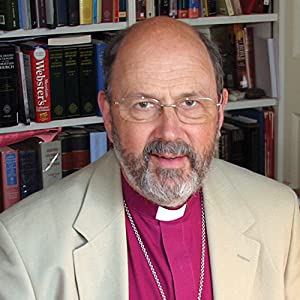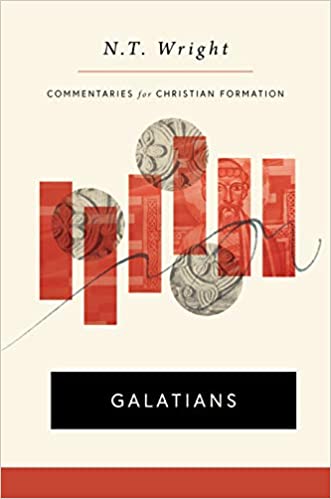Q. I entirely agree with you that we already see incipient Trinitarian thinking about Father, Son, and Spirit all under the heading of God, in Gal. 4. I like to say that we have already in our earliest NT books the raw materials of a doctrine of the Trinity, which granted, needs some later unpacking, but that M. Hengel was right that the earliest Christology which we find in Paul is the highest or some of the highest, so the notion that there was an upward evolutionary spiral of thinking from viewing Jesus as mostly human with divine power to being the second person of the Trinity is simply wrong. This is of course what B. Ehrman is arguing in his How Jesus became God book. But alas, it falls afoul of the first great theologian of the NT era. What I find mystifying is why some Christian theologians embrace such a false reading of the data. Have you any clues as to why they do so?
A. It’s a mystery to me too. But part of it is the long shadow of von Harnack from over 100 years ago, arguing that the Fathers muddled up the ‘simple’ message of Jesus with their Greek philosophy. And I prefer not to think of the NT’s threefold view of God as ‘incipient’ anything, but to see the later formulation of ‘Trinity’ as ‘abstraction’ from the rich narrative which the NT tells. After all, as Henry Chadwick pointed out (and he knew the Fathers like few others in the last century), if all one had were Nicaea and Chalcedon one would never imagine that the person to whom those creeds refer was the Jesus of Nazareth we meet as a vivid, rich, friendly, challenging figure in the gospels. Insofar as the dogma loses that, it loses something irreparable. I think this is partly because although theologians have always insisted that Jesus was ‘truly human’ as well as ‘truly divine’ they have not normally explored what that ‘humanness’ actually meant in the Bible-soaked world of the day. Jesus’ ‘humanness’ becomes just a postulate to be affirmed, not a rich reality to be explored. That’s why the protests of Daniel Kirk and James McGrath have at least something going for them, in that they do see there’s something important to be said there which much Christology has omitted – even though of course I think JM and DK are way off beam overall.













